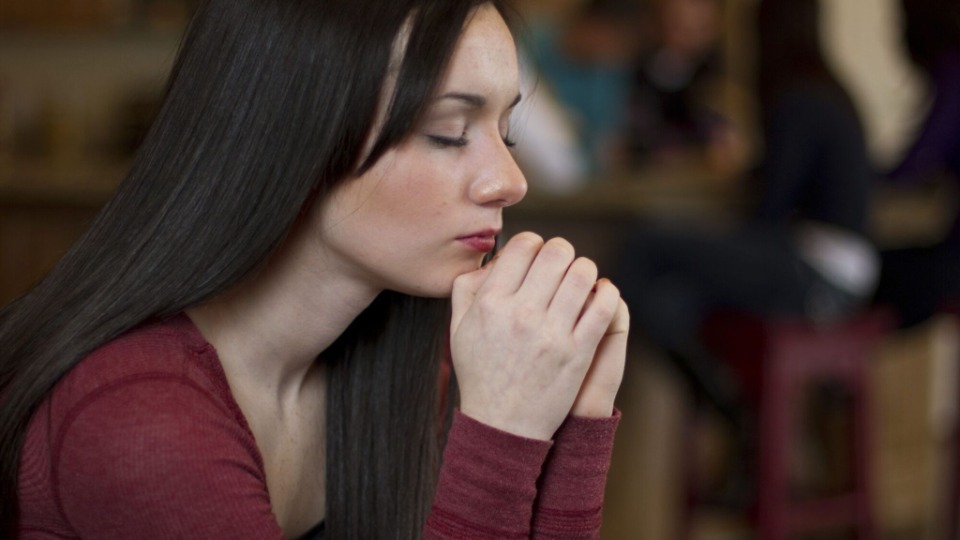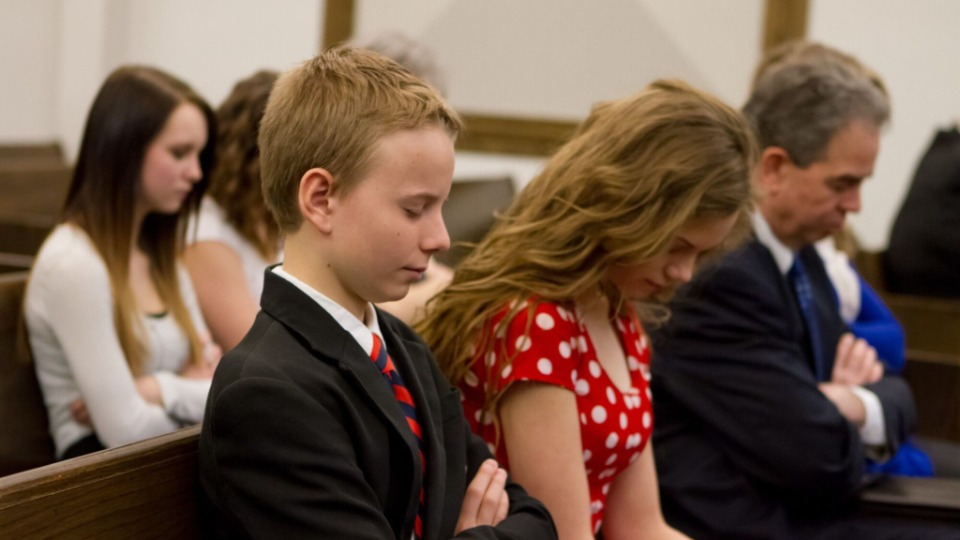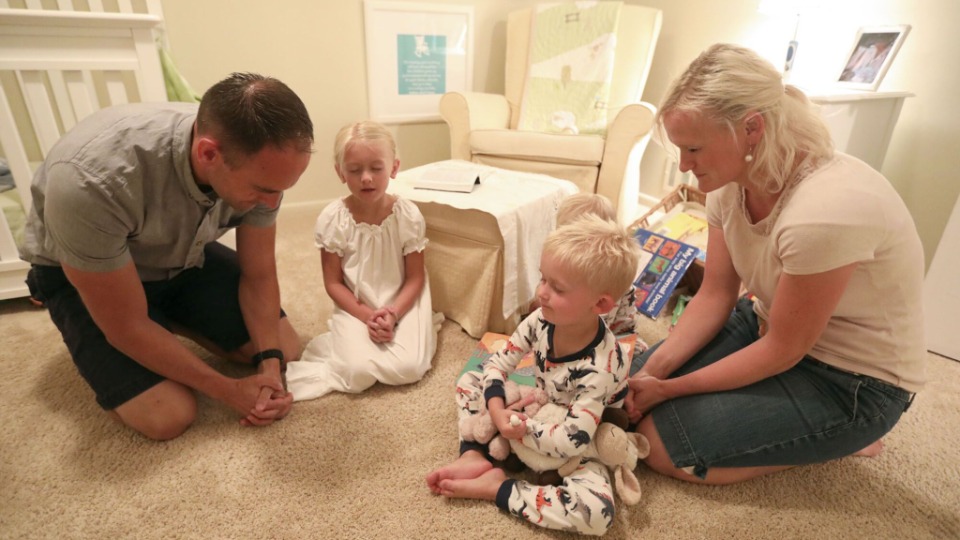
This story appears here courtesy of TheChurchNews.com. It is not for use by other media.
By Kaitlyn Bancroft, Church News
Gallup World Poll data released in October 2023 shows a “strong association” between religiosity — the importance of religion in a person’s daily life — and well-being.
Collected between 2012 and 2022, from interviews with 1.5 million people across 152 countries and territories, the data shows that an estimated 160 million more adults worldwide have positive experiences than would be the case if those adults were not religious.
Conversely, nearly 80 million more adults have negative experiences than would be the case if those adults were religious, the poll estimates.
The poll scored various categories on a point system, with each one-point difference representing an effect for an estimated 40 million adults worldwide.
Categories in which religious people tended to have better outcomes are:
- Positive experiences (such as enjoyment, smiling and laughing, or being treated with respect). The “not religious” category scored 65, while the “religious” category scored 69. This means that an estimated 160 million more adults worldwide have positive experiences than would be the case if those adults were not religious.
- Social life (satisfaction with opportunities to meet people, make friends and have people to call on if in trouble). The not-religious category scored 73.7, while the religious category scored 77.6. This means that nearly 160 million more adults worldwide are satisfied with their social lives than would be the case if those adults were not religious, the poll estimates.
- Optimism (how a person feels their life will look in five years). The not-religious category scored 48.4, and the religious category scored 49.4, meaning an estimated 40 million more adults worldwide are optimistic about the future than would be the case if those adults were not religious.
- Community basics (everyday life in a community, including environment, housing and infrastructure). The not-religious category scored 55.6, and the religious category scored 59.7, or over 160 million more adults worldwide are satisfied with their communities than would be the case if those adults were not religious, the poll estimates.

Categories in which religious people tend to have worse outcomes are:
- Negative experience index (a person experienced worry, sadness, anger, stress or physical pain the previous day). The “not religious” category scored 29.9, and the “religious” category scored 31.4, or nearly 80 million more adults have negative experiences than would be the case if those adults were not religious.
- Personal health index (a person reports no health problems or physical pain, feels well rested and didn’t experience worry or sadness the previous day). The not-religious category scored 68.6, and the religious category scored 66.9. This means nearly 80 million more adults have good health than would be the case if those adults were religious, the poll estimates.
The poll also found several categories with no meaningful difference in scores between the “not religious” and “religious” categories.
- Life evaluation: thriving (on a scale of 0 to 10, current life rated between 7 and 10 and future life rated between 8 and 10). The not-religious category scored 27.6, and the “religious” category scored 26.6.
- Life evaluation: suffering (on a scale of 0 to 10, current and future life rated between 0 and 4). The not-religious category scored 13.6, and the religious category scored 13.3.
- Local economic confidence (how a person feels about current local economic conditions, how they feel about the local economy getting better). The not-religious category scored 5 and the religious category scored 5.6.
The poll notes that in the most religious or moderately religious countries, where 66% or more of the population says religion is important to them, there are stronger positive relationships between religiosity and well-being.
However, “while the scholarship and analysis detailed in the report illustrate that there is often a positive relationship between spirituality and well-being, the relationship is complex and nuanced,” the poll states, adding, “Countries that are categorized as less religious are often wealthier, and their residents score higher on well-being, regardless of religiosity or economic influences.”

Copyright 2024 Deseret News Publishing Company.